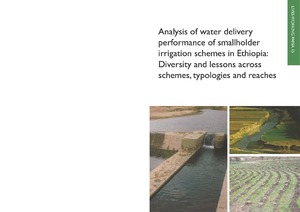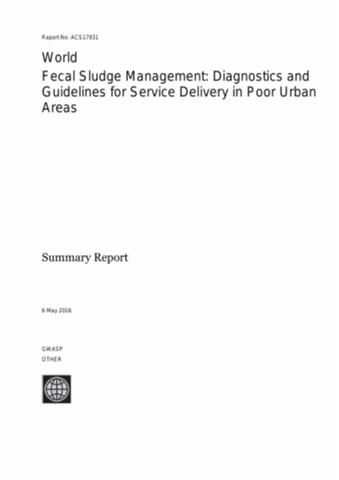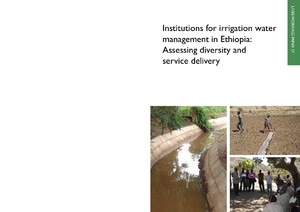Analysis of water delivery performance of smallholder irrigation schemes in Ethiopia: Diversity and lessons across schemes, typologies and reaches
Irrigation systems consist of three interdependent components involving: the irrigation scheme, the on-farm management and the organizations. The irrigation scheme refers to the infrastructure for water acquisition and distribution (water delivery). This study focused on water delivery performance of 10 smallholders irrigation schemes in four regions of Ethiopia, representing diverse water sources, distribution systems, command areas (50–6000 ha) and number of beneficiary farmers (233–500 farm households) and across agro-ecologies as represented by elevation ranges (1500–2725 masl).






